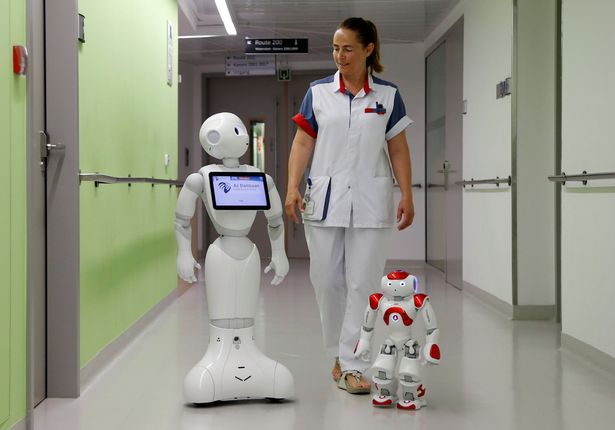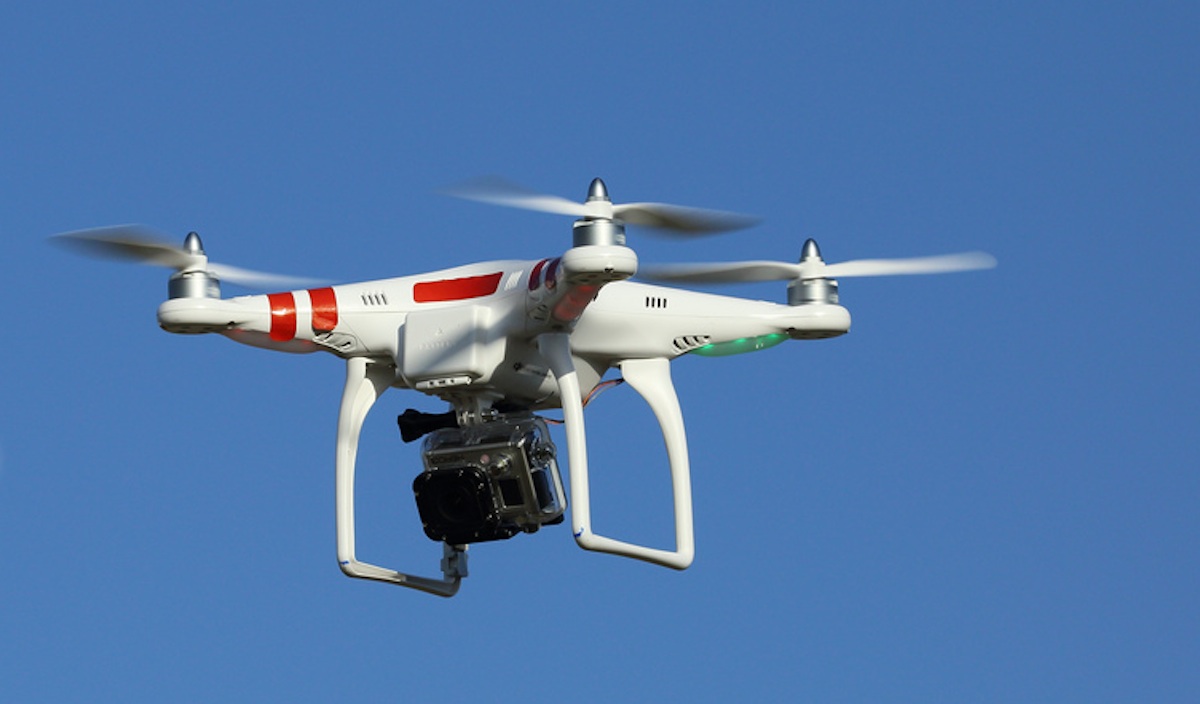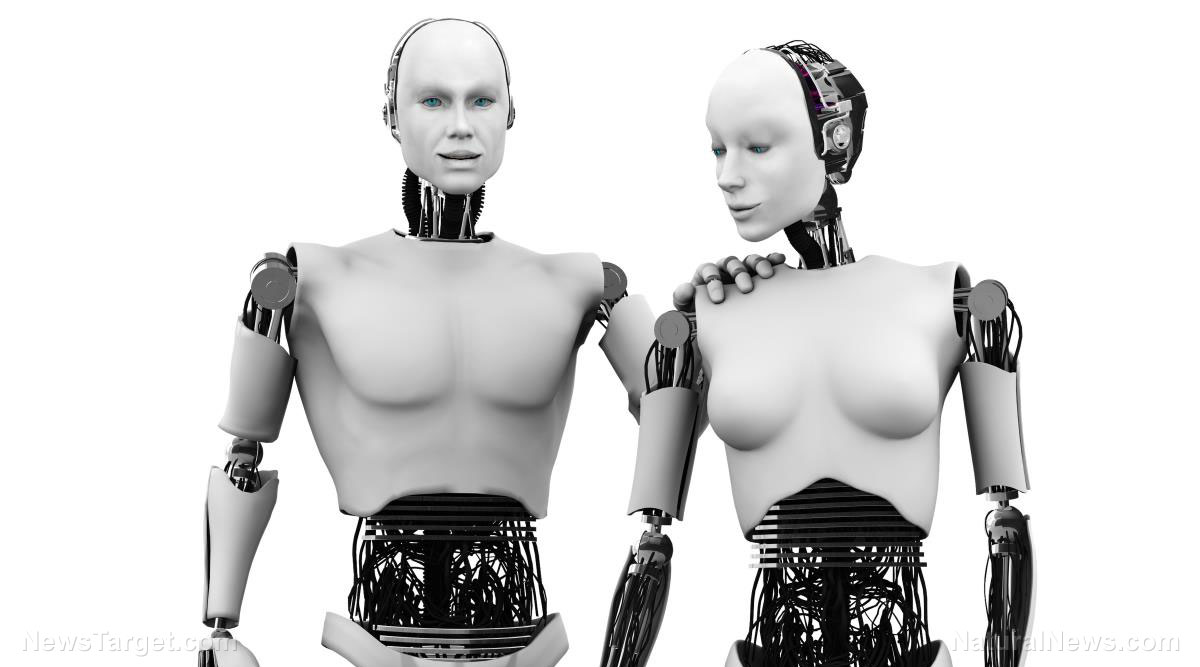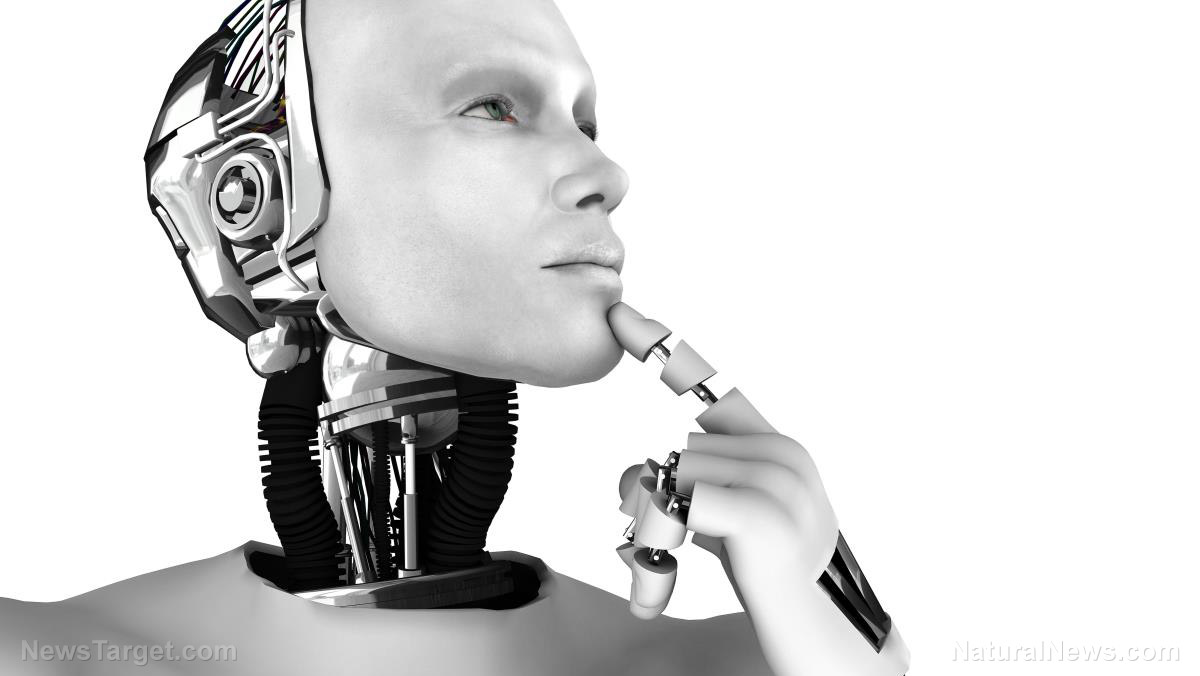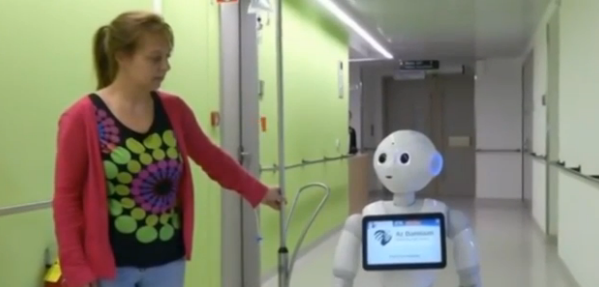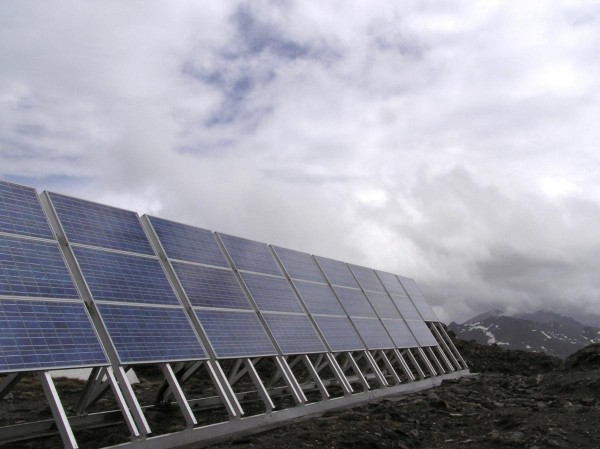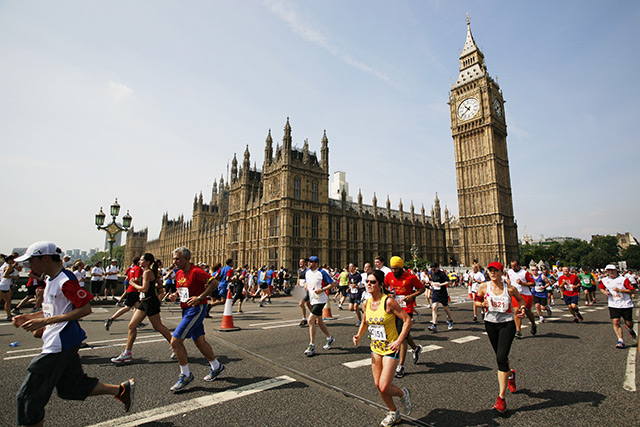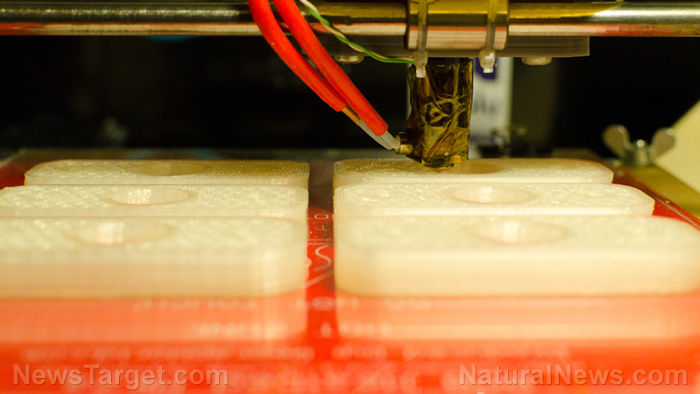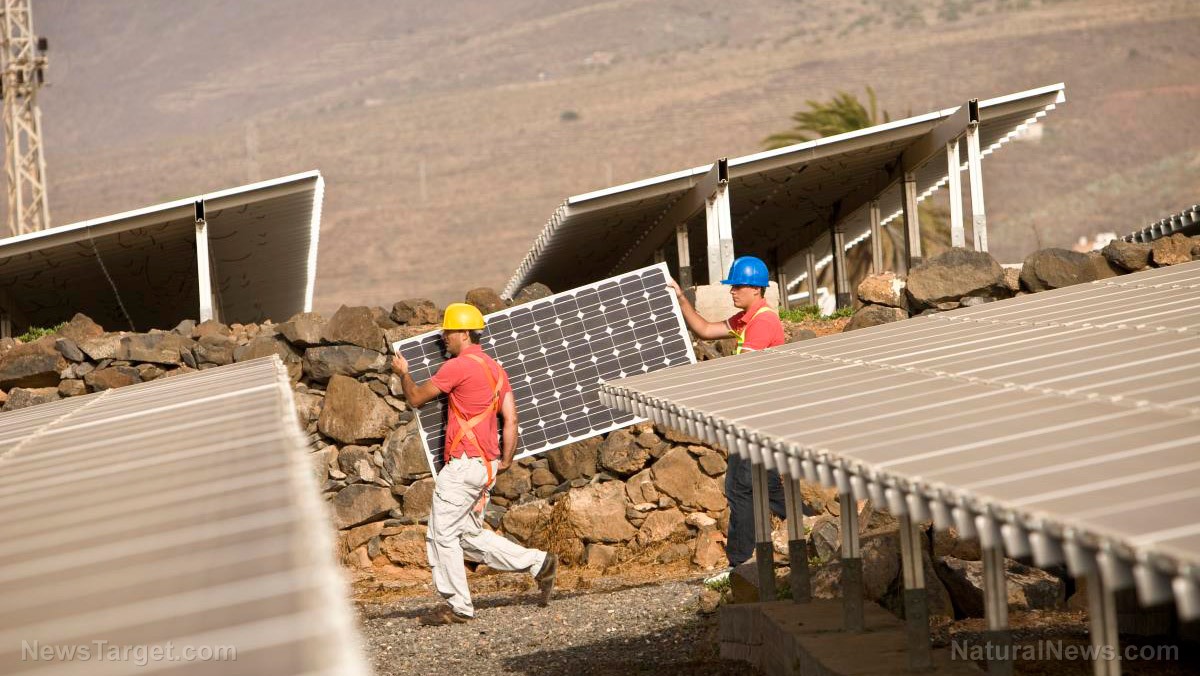The future is now: Some Lowe’s employees are wearing exoskeletons to work
11/06/2018 / By Frances Bloomfield
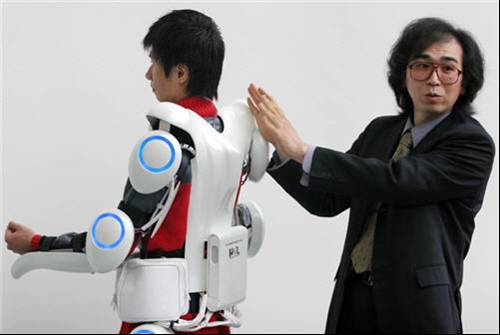
Keep your eyes peeled if you ever pass by the Lowe’s in Christianburg, Va.; You might just catch a glimpse of workers equipped with some truly impressive hardware. Specifically, four employees in custom-built exoskeletons lifting, moving, and carrying heavy objects across aisles and onto shelves with relative ease. The iconic home improvement retailer has partnered with Virginia Tech engineering professor Alan Asbeck to develop non-motorized suits that give their employees an extra boost while on the clock.
“Lowe’s is committed to exploring opportunities that improve the workplace experience. As a way to support our employees, we found a unique opportunity to collaborate with Virginia Tech to develop one of the first retail applications for robotic exosuits,” Lowe’s Innovation Labs Executive Director Kyle Nel told VTNews.VT.edu.
The exoskeletons are worn like rock climbing harnesses and backpacks, reported CNN.com. Each lightweight suit is equipped with carbon-fiber shafts that run down the employees’ backs and thighs. The carbon-fiber shafts act similarly to tendons: flexing and storing potential energy when the employee bends down, then straightening and releasing the built-up energy when the employee stands back up.
Asbeck, a specialist in the construction of wearable technology, explained that: “Our technology is different in that it includes soft and flexible elements, and our approach is unique in that we are putting our prototypes in a real-world environment for an extended period of time.”
In addition to the suits, the employees were also given headsets to wear during a few hours of their shifts. These headsets are being used in place of directly asking employees how they feel while in the suits. Each headset detects brain activity in order to determine whether or not the employees are enjoying the use of their exoskeletons.
“We didn’t want to over-engineer it, make it too fancy, or give it too many bells and whistles,” stated Nel.
Although the exoskeletons are still prototypes, and the experience of wearing them is all part of a three-month pilot test, employee feedback so far has been overwhelmingly positive. Nel stated that the suits feel “very natural” and “very smooth.” Nel has also described the exoskeletons as making heavy objects feel “much less heavy.” (Related: DARPA developing mechanically augmented ‘super soldiers’ using motorized exoskeletons.)
“[Employees] wear it all day, it’s very comfortable, and it makes their job easier,” Nel told TheVerge.com.
Joe Sirico, Store Manager of the Lowe’s Christianburg branch, agreed with Nel’s comment. For Sirico, the suits ensure the employees’ safety—a top priority in a profession where the haulage of heavy, bulky products is an everyday occurrence. “This is a way to help keep our associates from being as worn out,” Sirico remarked. Furthermore, Sirico has expressed excitement at the prospect of deepening their working relationship with Virginia Tech, stating: “This project really pairs a company like ours that has been doing business and has been a part of this community for many, many years with an institution like Tech, and takes those two worlds and smashes them together, and we both come out stronger.”
As the pilot test continues, Asbeck and his team of four graduate students and four undergraduates will continue working on and developing the technology currently being used Lowe’s Christianburg employees. “My objective for day one is to make it work for Lowe’s. Beyond that, my primary concern is always getting research into the real world and being as useful to society as possible,” explained the assistant professor.
Find more stories about the advances in wearable technology at Robotics.news.
Sources include:
Tagged Under: breakthrough, exoskeletons, exosuits, future tech, innovation, inventions, Lowe's, robot economy, robotics, science and technology, wearable technology

